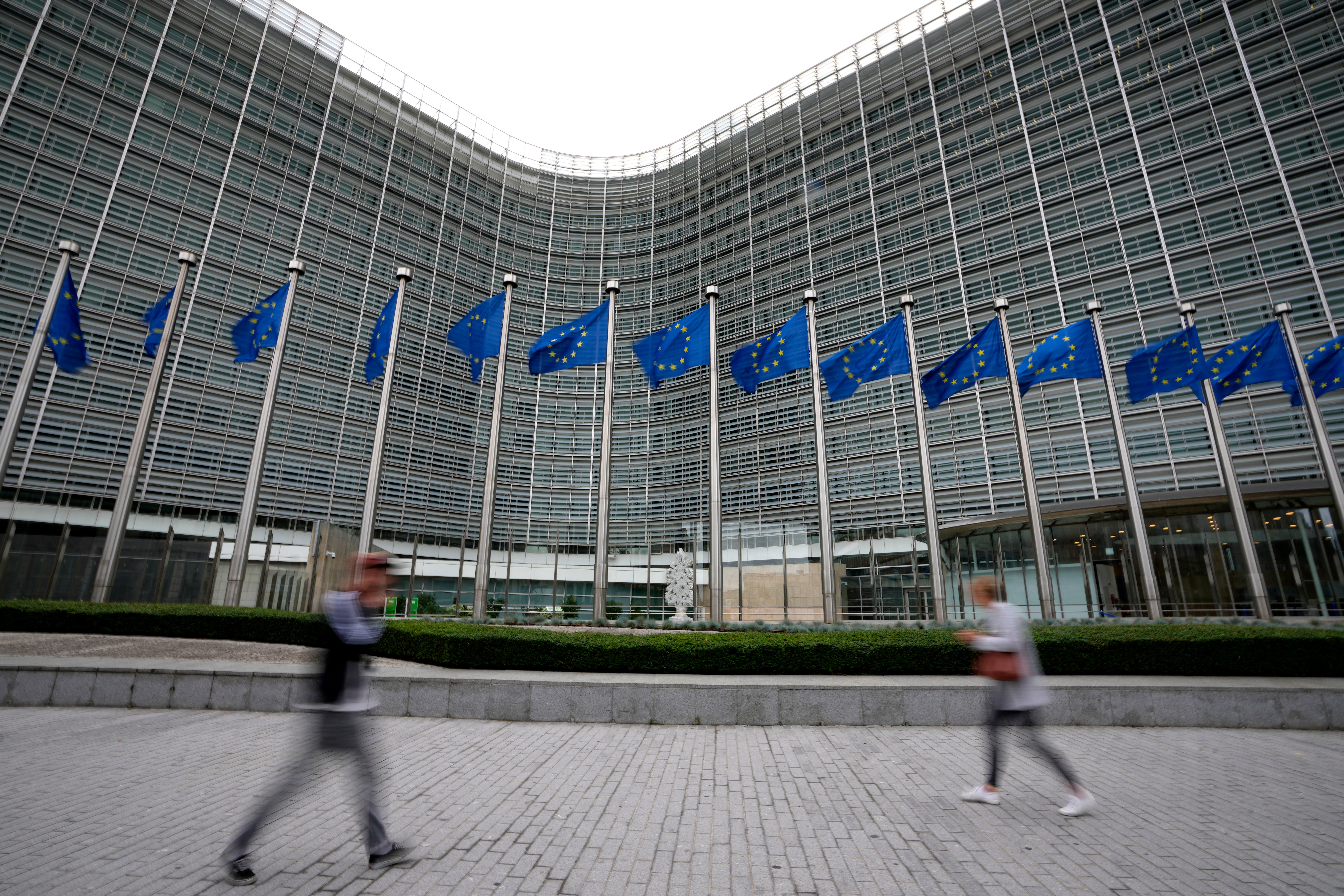A 'black day' for the EU Green Deal: lawmakers reject proposal to cut use of chemical pesticides
EU lawmakers have rejected a proposal from the bloc’s executive arm to set legally binding targets to reduce the use of chemical pesticides by 50% by 2030 and a ban on all pesticide use in areas such public parks, playgrounds and schools

Your support helps us to tell the story
From reproductive rights to climate change to Big Tech, The Independent is on the ground when the story is developing. Whether it's investigating the financials of Elon Musk's pro-Trump PAC or producing our latest documentary, 'The A Word', which shines a light on the American women fighting for reproductive rights, we know how important it is to parse out the facts from the messaging.
At such a critical moment in US history, we need reporters on the ground. Your donation allows us to keep sending journalists to speak to both sides of the story.
The Independent is trusted by Americans across the entire political spectrum. And unlike many other quality news outlets, we choose not to lock Americans out of our reporting and analysis with paywalls. We believe quality journalism should be available to everyone, paid for by those who can afford it.
Your support makes all the difference.In a blow to the European Green Deal, EU lawmakers on Wednesday rejected a plan to reduce the use of chemical pesticides by 50% by 2030 and to ban all pesticide use in areas such as public parks, playgrounds and schools.
After a series of amendments watered down the proposal of the EU's executive Commission, the bill was rejected in a 299 to 207 vote, with 121 abstentions. It buried the bill for good and any new proposal would need to start from scratch after June elections for members of the European Parliament.
The vote came less than a week after the use of the controversial chemical herbicide glyphosate in the 27-nation bloc was extended for 10 more years.
“This is a very black day for the health of society and for the environment, and also for farmers who need to be free from the agro-industry," said Sarah Wiener, a Green lawmaker who was rapporteur for the proposal. “To put it bluntly, the majority of MEPs put the profits of big agri over the health of our children and the planet.”
“There is not going to be a new sustainable use of pesticides regulation,” Wiener added.
The European Commission said last year that current rules limiting the use of pesticides were too weak and had not been applied consistently across the EU.
The EU’s main agricultural group, COPA-COGECA, welcomed the rejection of the bill and called for an improved dialogue between farmers and the 27-nation bloc's institutions.
“Let’s not forget that this proposal was ideological from the outset, with no connection to the realities of agriculture, proposing unrealistic transitions without the necessary funding,” the group said. “Let’s not forget that all this polarization could have been avoided and solutions found without the ideological obstinacy of a few decision-makers.”
As part of its plan to become climate neutral by 2050, the European Union has adopted a wide range of measures, from reducing energy consumption to sharply cutting transportation emissions and reforming the EU’s trading system for greenhouse gases. But with next year's elections for the European Parliament looming, some leaders and lawmakers are concerned about antagonizing voters with binding legislation and restrictive requirements.
The Left group at the Parliament blamed Christian Democrats, Liberals, and far-right parties for weakening the proposed legislation and removing binding goals to such an extent that it was impossible for their MEPs to support it.
“The obligation to reduce agricultural pesticide use by at least 50% by 2030 and the requirement to reduce the use of hazardous agricultural pesticides by at least 65% by 2030 were voted down,” the group said in a statement. “Restrictions on toxin use in sensitive natural areas were completely removed from the law by the right-wing bloc.”
Madeleine Coste, a campaigner with the Slow Food organization promoting biodiversity and support for small-scale farmers, rued that “a majority in the Parliament has decided to side with the agroindustry and its allies, who have lobbied against this proposal over the last two years, ignoring the scientific consensus on the need to transform our current food system.”